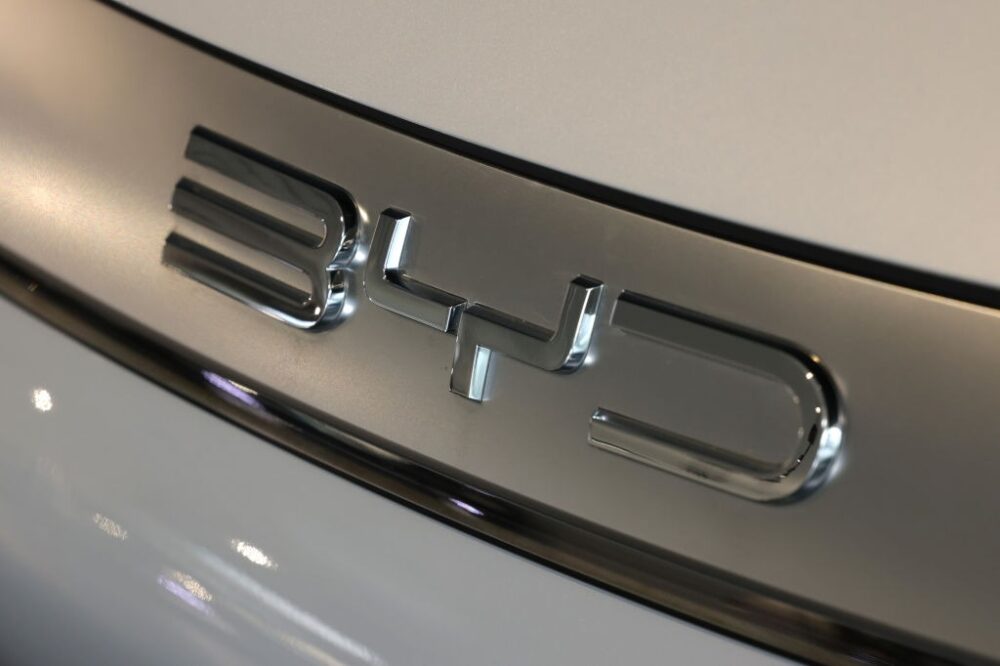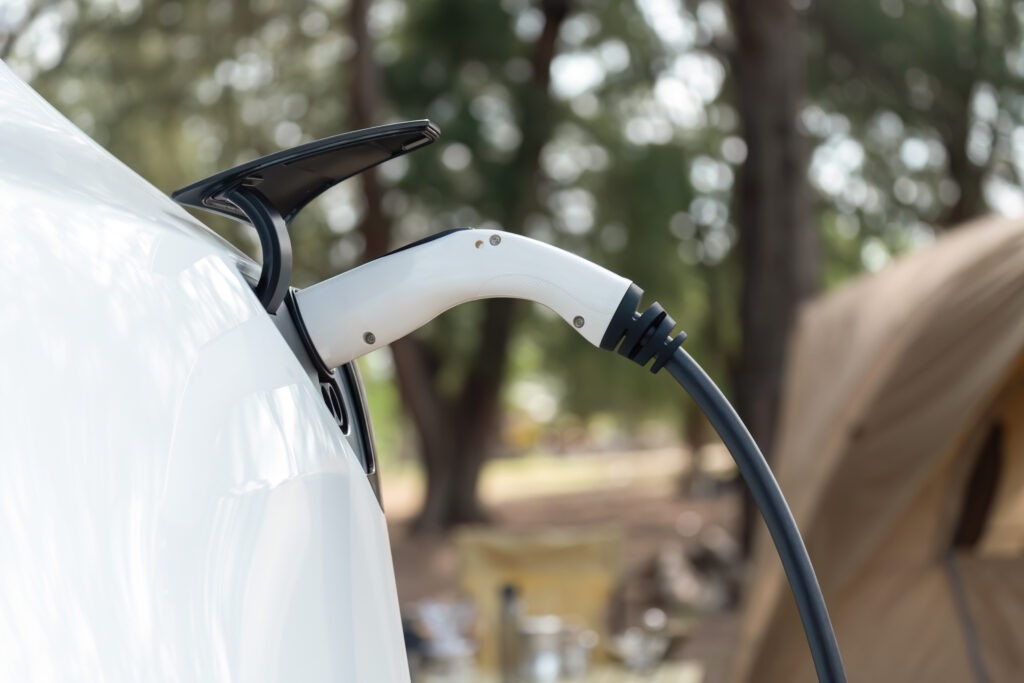BYD enjoys significant lead in global EV market
16 October 2024

More than doubling the market share of its closest competitor, BYD sold the most electric vehicles (EVs) globally in August. José Pontes, data director at EV Volumes, reviews the brand and OEM performance with Autovista24 editor Tom Geggus.
Deep into its competitive pricing strategy, BYD led the global EV market in August, recording 355,174 registrations. This meant the brand held a market share of 24.2% in the month, far above its competitors.
In second, Tesla continued to see fluctuating sales. Despite the Cybertruck now reaching roughly 4,000 deliveries per month, the performance of other models has dragged the brand downwards. Tesla recorded 152,140 sales globally, claiming 10.4% of the market.
Wuling took third in August, profiting from the positive performance of its Mini EV and Bingo models. It also benefitted from a slow month for legacy OEMs, particularly those based in Europe. With 58,725 units delivered and a 4% market share, the brand beat Li Auto’s 49,883 registrations and 3.4% share.
Geely ended the month in fifth with 421,81 sales and a market share of 2.9%. Most of the brand’s sales came from the Galaxy E5 (12,227 units) and the Panda Mini (11,122).
Leapmotor reached 10th place in August with 28,022 registrations and a 1.9% share of the global EV market. With 12 Chinese brands in leading positions, Ford, Peugeot, and Jeep did not make it to the top 20.
BYD doubles Tesla’s figures
Between January and August, there was little change at the top of the rankings. In first, BYD recorded twice the number of sales reached by second-place Tesla.
In the first eight months of 2024, the US brand recorded growth in January, May, and July. Meanwhile, February, March, April, June and August saw negative results. But in the first eight months of 2024, Tesla did secure three times as many EV registrations as BMW.
In fourth, Li Auto crept up on the German brand, with only 39,095 units separating the two. This points towards a tight race for third place this year. However, there are more than just two contenders. In fifth place, Wuling was only 43,042 sales behind BMW, although its performance has been inconsistent.
The first position change occurred in eighth, with Geely profiting from its Galaxy E5 model. This allowed it to climb one space while Mercedes-Benz dropped to ninth. Aion also saw rising success, taking 10th place and surpassing Volvo.
Taking 15th, Hyundai benefitted from yet another bad month for SIAC. Below, Chery profited from a series of new PHEVs in its lineup, climbing one position to 19th.
Price cuts pay off
With brands gathered under manufacturing groups and alliances, BYD benefitted from its price cuts and new model launches.
The OEM claimed 23.2% of the global EV market in the first eight months of 2024. This was up from 21.8% at the same point last year. Meanwhile, Tesla took an 11% share, down from 14.4% 12 months ago.
Third place went to Geely–Volvo, which stayed steady with a 7.8% share. The OEM saw one of the greatest improvements in the top five. It captured 7.8% of the market in the first eight months of 2024, up from 6.1% at the same time last year.
In fourth, Volkswagen (VW) Group saw its share hit 5.9%, with fifth-place SAIC not far away at 5.2%. Wuling’s positive month compensated for lacklustre results from the rest of the OEM’s lineup.
In sixth, BMW Group lost ground, taking a 3.7% share. This left room for seventh-place Changan to close in, also claiming 3.7% of the global EV market.
With a 3.3% share, Hyundai-Kia took seventh, just ahead of Stellantis. The multinational group needs to see its affordable EVs land soon. This includes the Citroen e-C3 EV, the e-C3 Airscross EV, the Opel Frontera EV, and the Fiat Grande Panda EV.
Tesla leads BEV table
Looking solely at battery-electric vehicles (BEVs), Tesla held a leading 17.5% market share in the first eight months of 2024. However, this was down on its 20.6% share recorded at the same point in 2023.
Meanwhile, BYD finished second, claiming 15.9% of the global BEV market. With Tesla losing share, there could be a new leader in the first half of 2025. The reason this is unlikely to happen any sooner is because BY is now focusing its efforts on plug-in hybrids.
Thanks to positive results from its many brands, Geely–Volvo claimed 7.6% of the market, up from 5.6% at the same point last year. Fourth place saw a change with SAIC holding a 7% market share and VW Group a 8.8% share. The BMW Group held a 4.3% share, putting it in sixth, followed by Hyundai–Kia in seventh with 4.2%.




